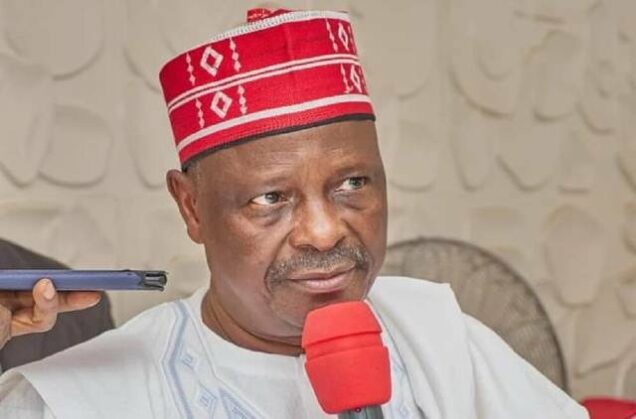Senator Rabiu Musa Kwankwaso, the presidential candidate of the New Nigeria People’s Party (NNPP) in the last general elections, has said he did not reach an agreement with President Bola Tinubu or anyone in relation to the outcome of the Supreme Court verdict on the Kano State governorship election tussle.
Kwankwaso stated this while responding to the allegation that he had reached an agreement with Tinubu before the judgment.
On Friday, the Supreme Court affirmed the NNPP’s Abba Kabir Yusuf as the duly elected governor of Kano after series of litigations.
Speaking with BBC Hausa, Kwankwaso said, “What happened at the Supreme Court is a lesson for all of us. I know that I mean well for everyone. Throughout the period, I have not done anything to anyone. And anybody would reap what he sows. To the best of my knowledge, I have not reached an agreement with anybody.
- AFCON: Pressure on Osimhen as injury hits Eagles’ camp
- CONTENDERS’ GUIDE: When last did AFCON 2023 participants win the tournament?
“All I know is that President Bola Ahmed Tinubu is my contemporary. I joined politics at the same time as him in SDP. Then he was a senator and I was serving as the deputy speaker of the House of Representatives. In 1999, he was my colleague as the governor of Lagos State.
“We founded the APC together and we participated fully in the struggles which followed up. People should know that a lie has a short life. Despite the machinations those people staged, the judges have done what is right.
“There is no problem. They have their party; we have our own. We will work together where necessary. On the issue of joining the government, only time can tell.”
Kwankwaso also said he would not lord it over the Kano State governor, noting that he could only advise him.
He said, “Kabir Yusuf is the governor. We can only advise. Even if he were a biological son, I can’t rule over him. I have given him pieces of advice even before the government came in. There are thousands of people like me. I can’t do it alone. When a governor or a president does well, the credit goes to him. If he does otherwise, the blame is directed at him.
“People misunderstand this. When I was a governor, I would pick suggestions kept by people even in dustbins. The same is on radio stations and newspapers. For everything has an appointed time. Those who succeed should be allowed to prove their worth.
“There were errors with the previous judgment, but the Supreme Court undid what the lower courts did. If it were in other climes, those who delivered the judgments in the lower courts would quit their jobs.”

 Join Daily Trust WhatsApp Community For Quick Access To News and Happenings Around You.
Join Daily Trust WhatsApp Community For Quick Access To News and Happenings Around You.


